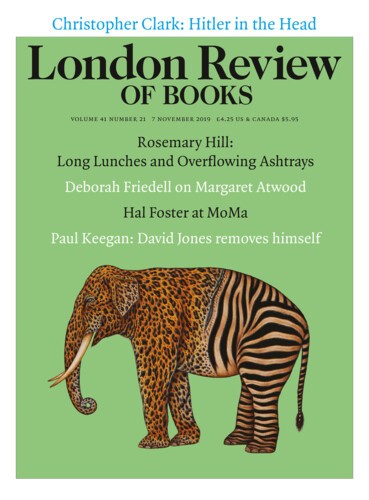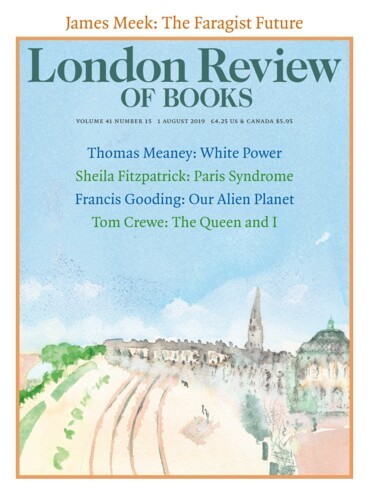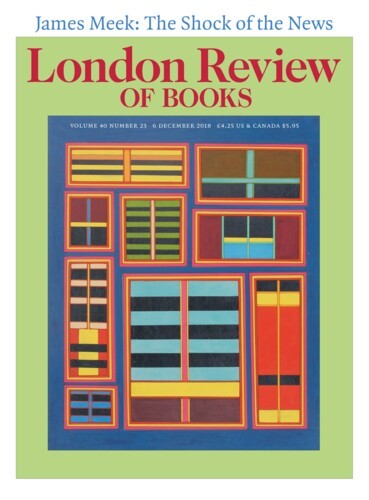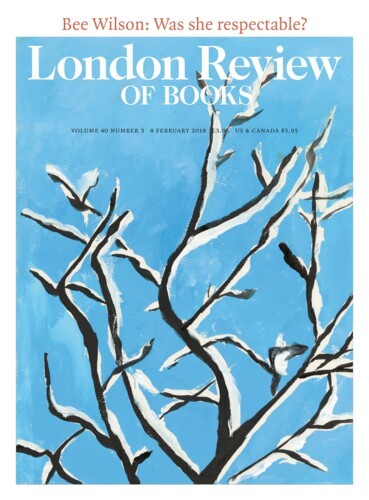Warfare State
Thomas Meaney, 5 November 2020
If you’ve been following White House briefings and mainstream US media over the past four years, you could be forgiven for thinking that Trump has radically rewritten US foreign policy. In fact, despite Trump’s pledges to extract American soldiers from foreign conflicts, troop numbers have barely fallen overall and have risen in the Persian Gulf. The administration has been...





